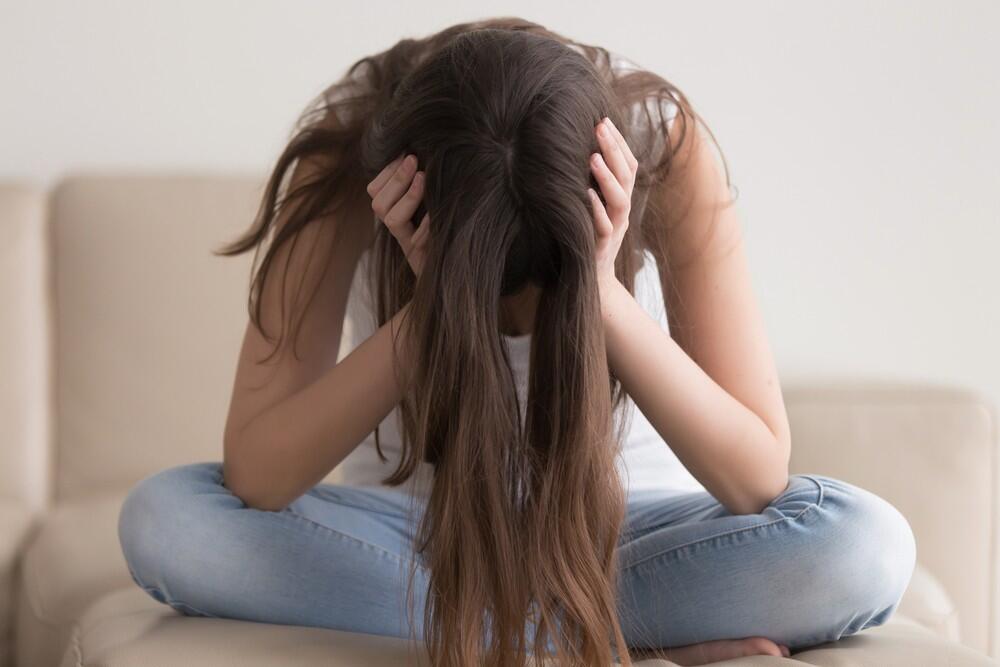The coronavirus pandemic and ensuing restrictions are having a disturbing impact on young people who suffer anxiety, depression, domestic abuse, eating disorders and more, according to a new report published Tuesday by the Elem-Youth in Distress organization.
The report states that due to the national focus on coronavirus, the condition of many of youths - who were already in a precarious situation before the start of the pandemic in March - has significantly deteriorated in recent months, with many turning to drug and alcohol abuse in order to cope with the recent struggles.
4 View gallery


Illustrative: The plight of at-risk youth in Israel has significantly worsened during the pandemic
(Photo: Shutterstock)
The study highlights a 300% increase in reports of depression and anxiety among youths, a 200% increase in feelings of loneliness, a 150% rise in cases of self-harm and a 200% increase in eating disorders.
In addition, there was a 200% increase in alcohol and drug abuse among at-risk teens, as well as an increase in the number of reports of violence against teenagers at home and on the streets.
Cases of sexual violence have also seen a 200% uptick compacted to last year, and 250% in the third quarter of the year. The report also outlines a 170% increase in the number of homeless youth and young people compared to last year.
4 View gallery


Elem workers talking to a group of young people gathering at a beach
(Photo: Yaron Brener)
The report also highlights new, worrying phenomena that are likely to worsen in the coming months due to the closure.
One in 11 young people has said that the outbreak had a negative impact on their home and family life, triggering problems such as hunger and poverty.
The third quarter of the year also saw a 160% increase in unwanted pregnancies compared to the second quarter, as well as a 300% increase in requests for assistance from at-risk young single mothers.
Deborah, who lived on the street at the age of 12, is today 25 and an active member of Elem’s Jerusalem branch. She is concerned about the fate of young people who have problems at home.
“When people like me are told that there is a closure and they need to stay at home - and home is not a safe place - it becomes impossible to stay there," she says.
"You can’t be imprisoned in the most traumatic place of all.”
The Elem report, the organization's second since the outbreak of the crisis, stresses that the destructive consequences of the pandemic are getting worse.
“The second wave of the coronavirus crisis has exacerbated the plight of these young people," says Elem President Nava Barak.
“During the summer, in the absence of any youth programs during the summer vacation due to the virus, we saw an increase in the phenomena of teens wandering the streets, running away from home, violence and sexual violence, loneliness and depression,” says Barak.
“2021 will present us with even more difficult challenges, and will increase the need to bigger government budgets and mobilization of the business sector and the general public to [help] vulnerable populations in society, including these young men and women," she says.
Elem CEO Inbal Dor Karbel is concerned about the situation and urged the public to offer aid to at-risk youths.
“The second closure... is accompanied by a lack of hope and great difficulty," she says.
"The price paid by young men and women is enormous. As our teams continue to locate and assist young people, we are already seeing a worsening of their basic conditions, and we expect the situation to only get worse.”



